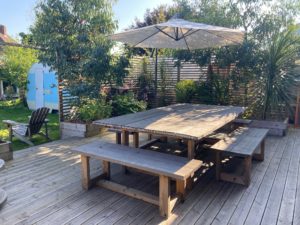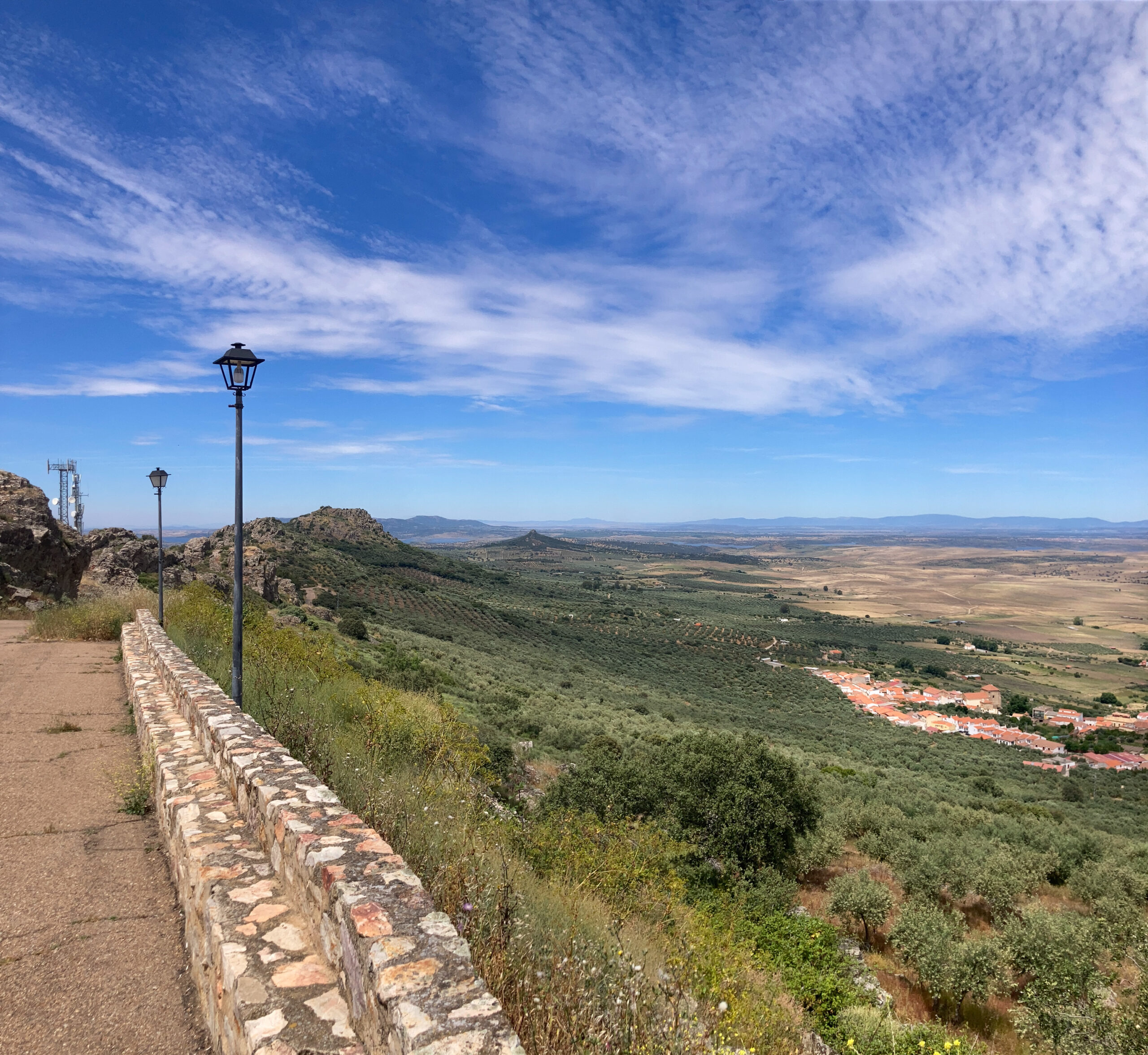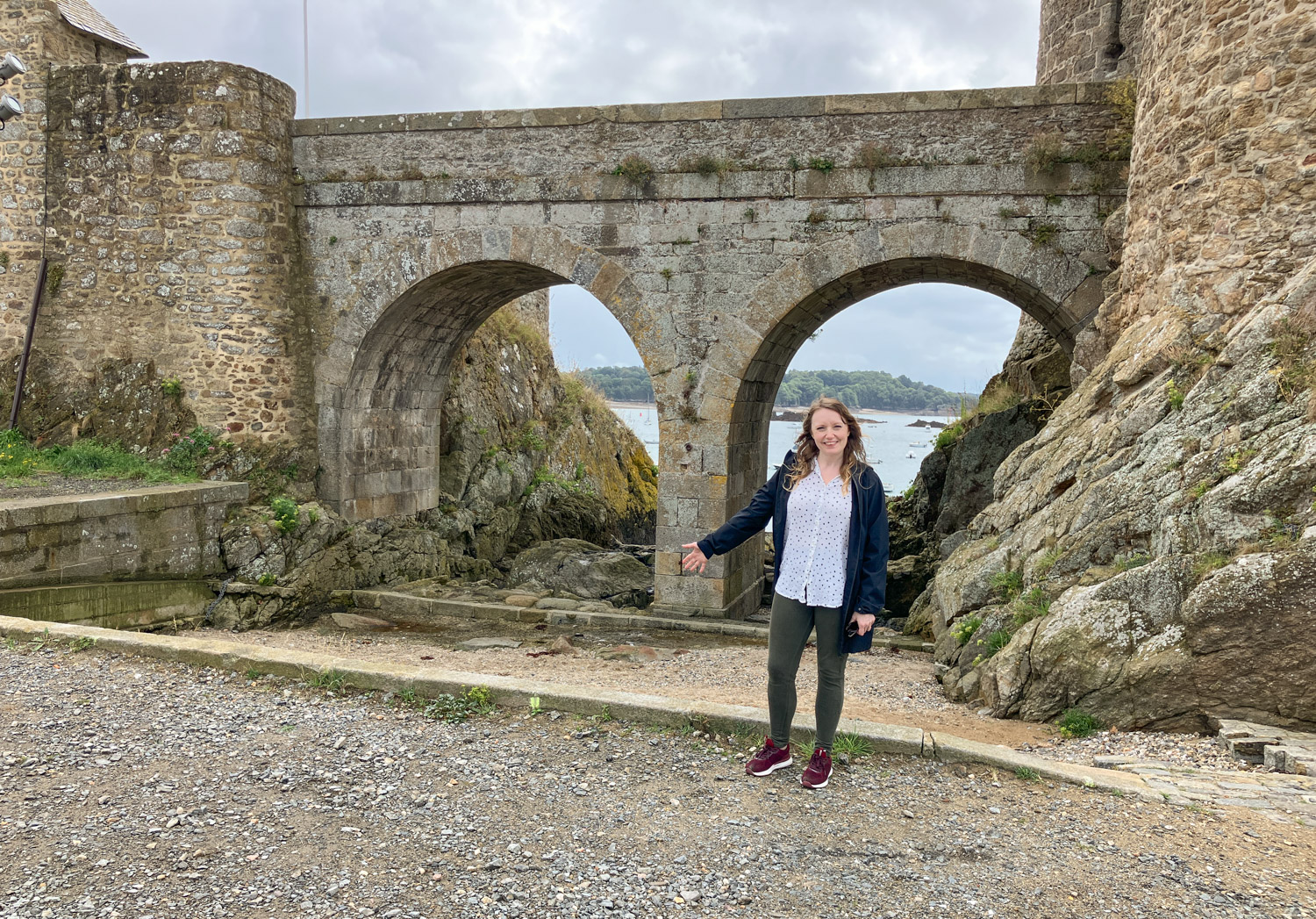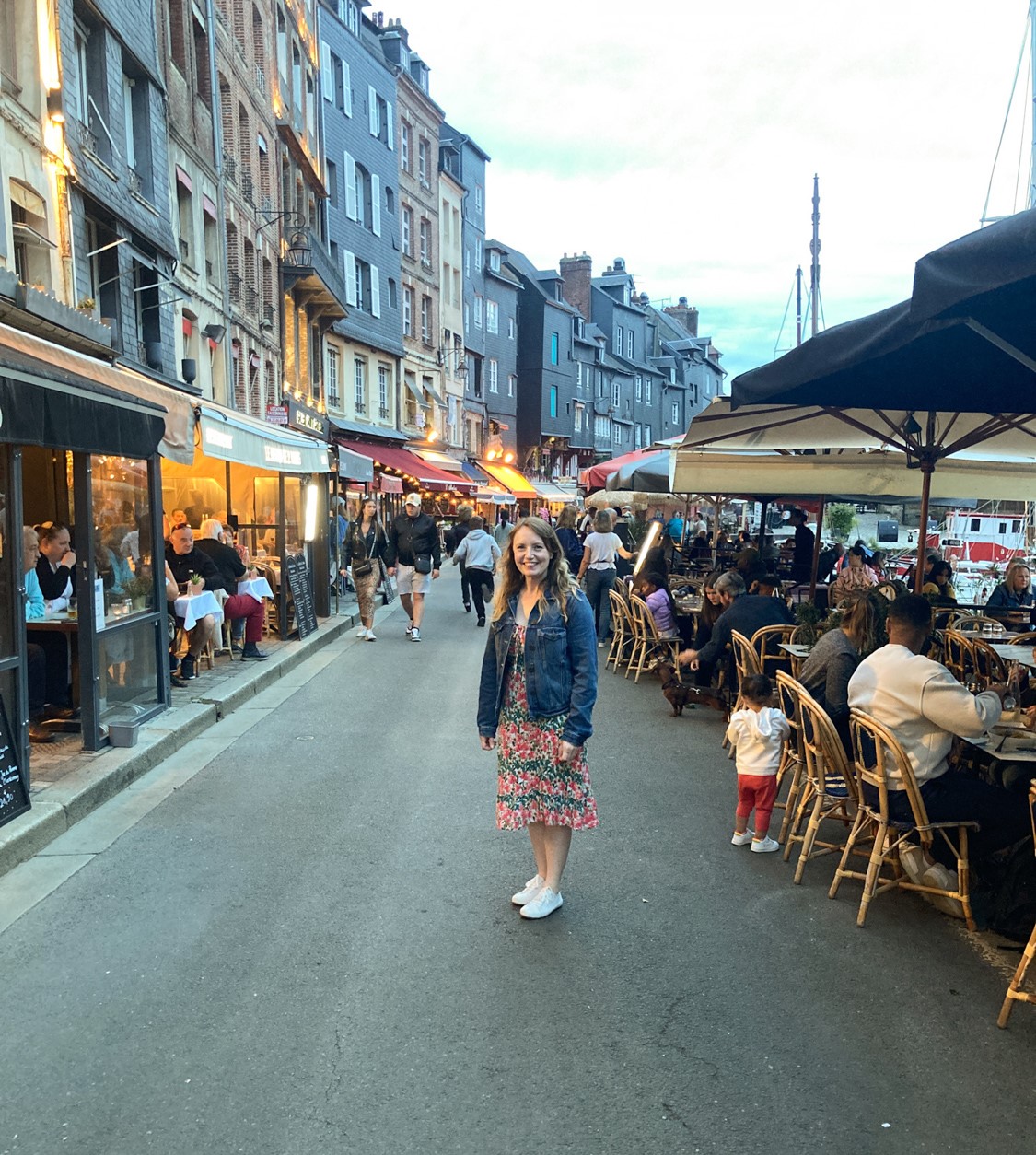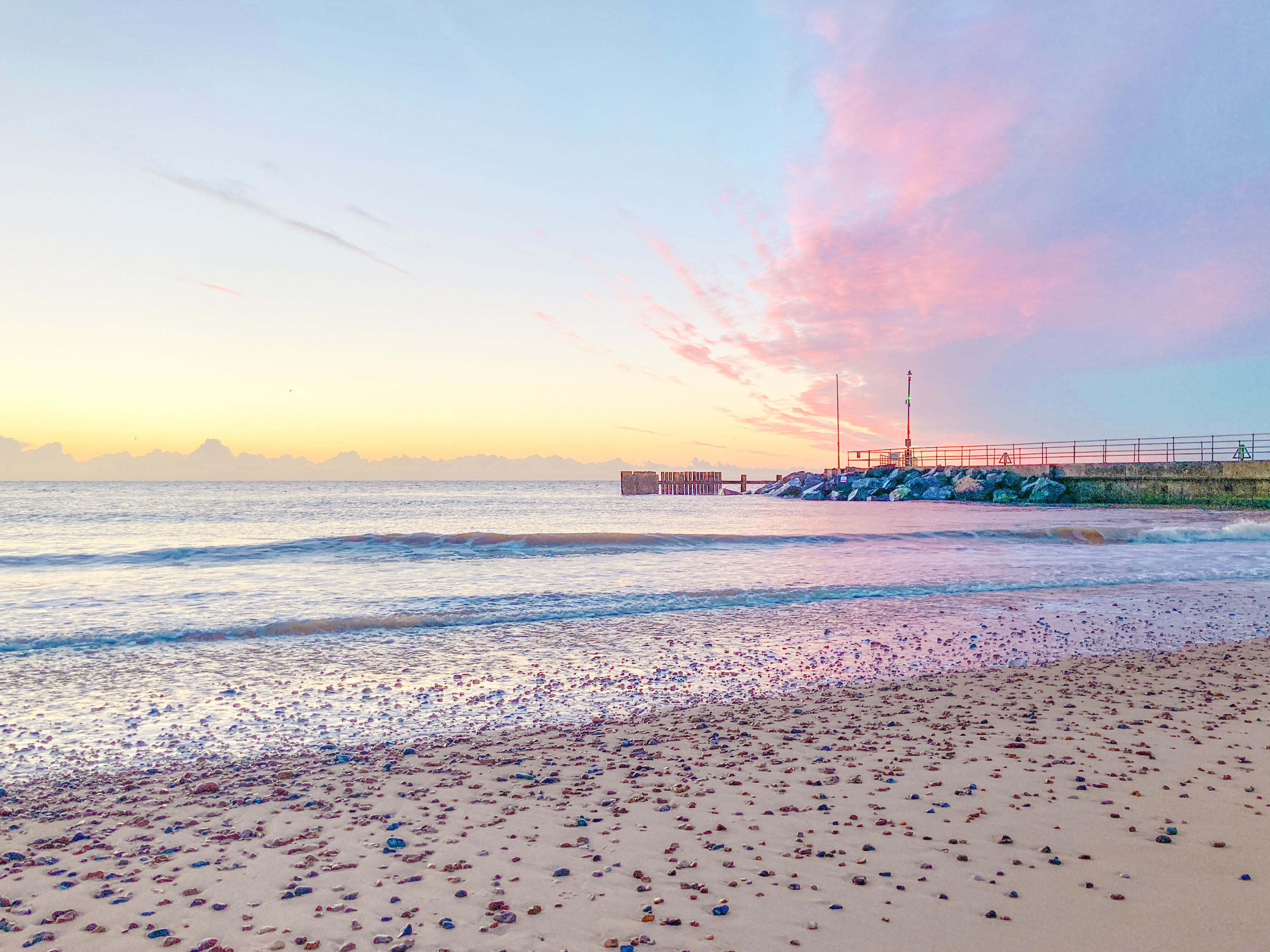
As a professional writer, I’m also a whizz researcher, so that means I approach my holidays with the precision of a full-time job. In fact, it takes me hours of research before I’m willing to commit my money to any break. What can I say? I’m thrifty and pedantic.
But I’m actually finding it really fun to do all that research – making future travel plans can help boost your mood. Plus, at least I know that when I do pay for my accommodation or transport, it’ll be the right choice and at the best price. I makes the rather-ouchy process of spending savings on holidays just that little bit easier to bear!
So, how can you research your next getaway to make massive savings AND ensure a lovely time? Here’s what I’ve learnt…
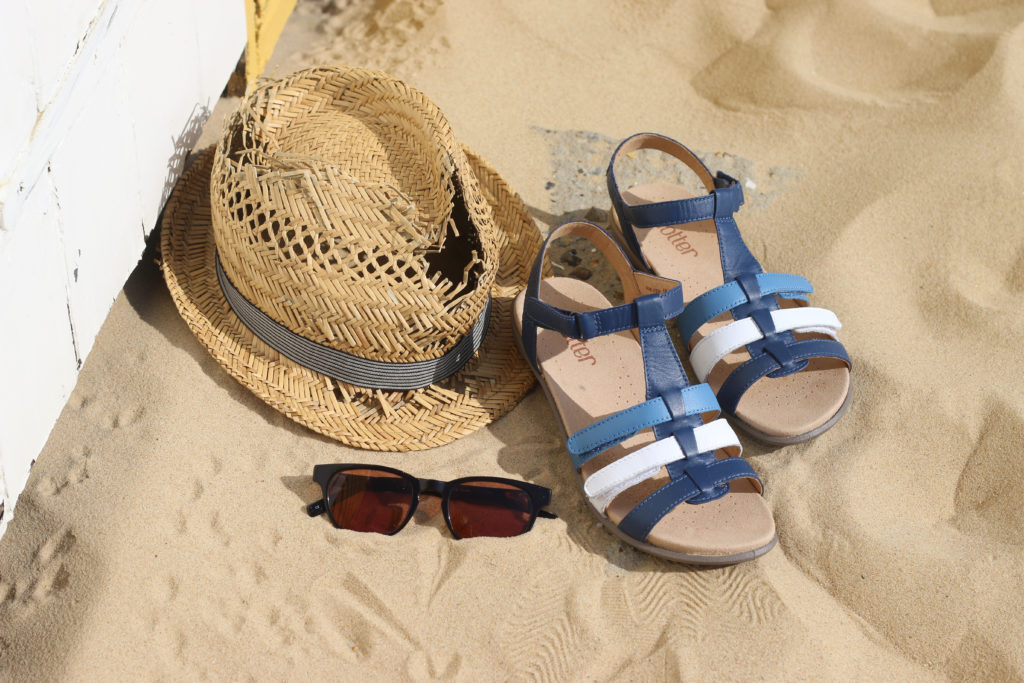
Never accept the first price
It might seem obvious, but it’s easier than ever to find a good deal online. But that’s only if you don’t accept the first price you find. Whether you need accommodation for the whole of your holiday or are looking for Fort Lauderdale hotel options for the night before you head off on a cruise, you can certainly find a discount online.
Sure, if you’re searching multiple websites individually, it may mean it takes you a little longer to find the hotel room you need; you might be looking at many different hotels, accommodation options or booking websites – all of which take time.
Nonetheless, you’ll eventually find a cheaper rate if you’re committed to finding one. The good news is that some sites can quickly sort through lots of options for you, based on the filters you add with your specific requirements so it may even be quicker and easier to find the accommodation you need when looking online.
Another option to save money is to book your hotel room in the local currency. You could head to the website of the hotel and see if you can get a better deal by booking directly. I’ve done this a couple of times when visiting France and it was much cheaper to book directly in Euros rather than through a third-party UK-focussed booking website.
The key here is to make sure you have the ability to translate the information on the local website to make sure you’re getting the same room but at a better price. Also, you’ll need to consider the exchange rate and any charges that your bank will impose on you paying in a different currency. Even with these extra costs, I managed to save about 30% off my latest European hotel booking.
But before you go booking hotels and flights, let’s make sure you’re going to the right place…
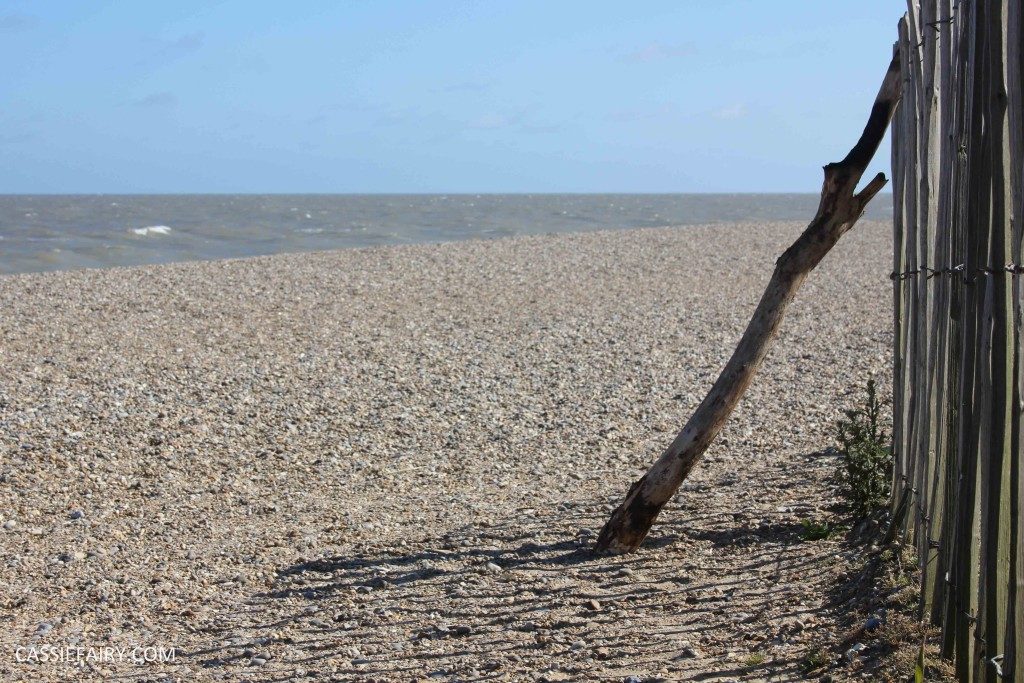
Researching the destination
There are so many ways that you can find out more about the place you’re hoping to travel to. For example, you can browse Pinterest to find city guides with insider information on secret spots in Vegas or the best markets to visit in France. Often these guides are written by bloggers and writers who have actually visited the destination themselves.
You’ll find their own photos and a true reflection of their experience, which is much more useful than browsing tourism websites. For those planning a beach getaway, rentals can provide a range of options, from cosy villas to luxurious beachfront homes. Simply knowing what you want from your holiday will give you the search terms you need in order to uncover helpful location reviews and real-life videos and photos.
Also, when I’m looking for a hotel, I turn to Google Maps. Say, I’m after a seafront hotel – I zoom in along the coastline until I find some accommodation that has a lovely sea view. Then I’ll take to Streetview to take myself on a virtual walk around the neighbourhood. Is there a local cafe? Are there any attractions nearby? There’s no point being in a lovely hotel if there’s nothing else nearby.
Plus, I’m already familiar with the layout of the destination before I arrive, which makes me less likely to get very lost and it’s more enjoyable and easier to navigate around when we get there. And, if I’m planning a budget-friendly road trip, I’ll even look if there’s anywhere suitable to park. And I can find out how much that will cost me too. If it’s going to be too much, I can choose a different destination for my base before splashing out what might be 25% of the accommodation cost on parking charges.
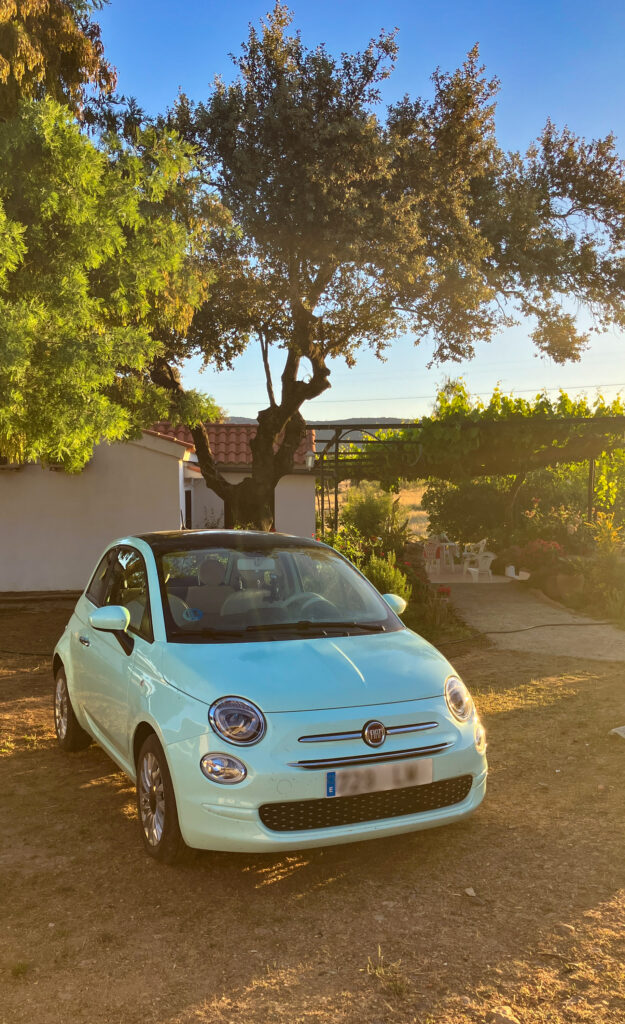
When travelling on foot, I’ll calculate the walking distance between my holiday home and the museums I want to visit or check the public transport options – distance, duration and cost. This is where you can make extra savings – you can choose a hotel that’s closer to the attractions in order to save money on transport.
Alternatively, you can stay at a hotel in a quieter area, which might be cheaper because it’s less touristy, and check the cost of train or bus tickets online. BUT be sure to use the local booking website (many will auto-translate for you) so you can find out the price that locals pay.
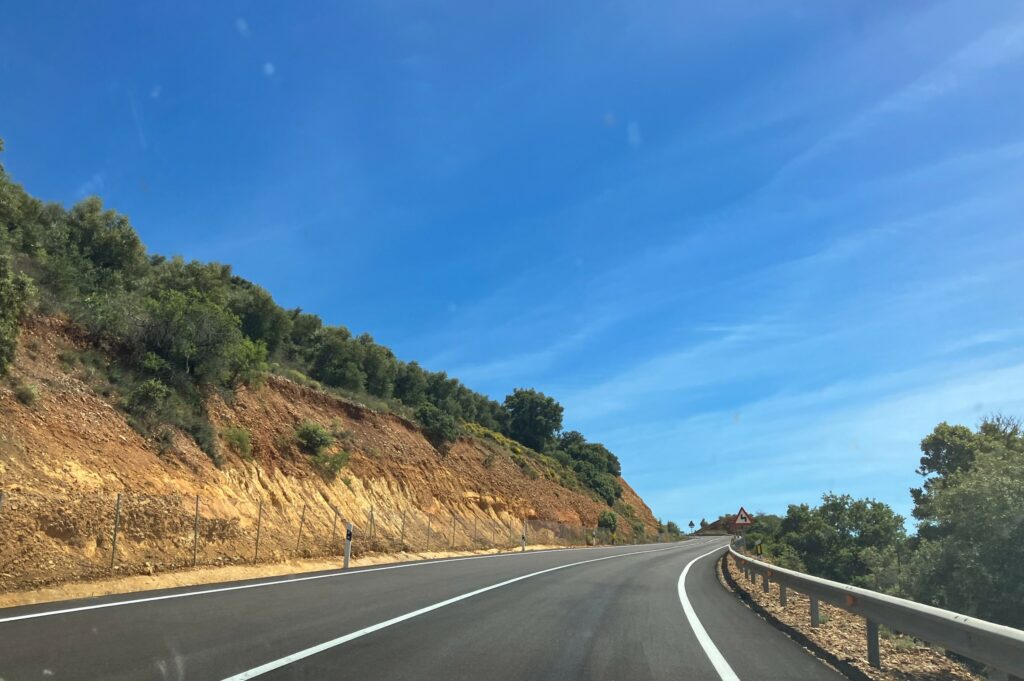
Make savings on meals
Although you can easily stick to a budget when you’re at the booking stage (if it’s more expensive than your budget, you’ll keep looking for a better option), once you’re actually on the holiday, that’s where more expenses can creep in. Mostly on food.
Yes, we have to stop for drinks and have meals every day, but you don’t have to spend almost as much as your holiday on meals. One option is to check if the cost of the hotel breakfast is reasonable (or included). If so, you can fill up in the morning and probably won’t need more than a snack at midday. But do check the cost – I’ve seen hotels charging 3x more for a breakfast that I could get from the cafe down the road instead.
Also, it’s known that the most touristy locations have the priciest food and drink, so head out of the main square and find a local place to eat. This is where recommendations from those travel blogs are really helpful! You’ll be paying local prices, plus you’ll have a more authentic experience. As long as you know how to order what you want in the local language it shouldn’t be a problem to go off the beaten track.

I hope the things I’ve researched will help you to cut the cost of your next holiday. Check out my recent getaway blog post to find out how to save money while travelling with children. Let me know what other tricks you have to save money on your vacations in the comments below. I’d love to learn about good budget-friendly places to visit and where you managed to enjoy a break on a budget!
Pin it for later

This blog post is a collaboration. The pink links in this post may indicate a collaborative link or information source.







